- News
- Reviews
- Bikes
- Accessories
- Accessories - misc
- Computer mounts
- Bags
- Bar ends
- Bike bags & cases
- Bottle cages
- Bottles
- Cameras
- Car racks
- Child seats
- Computers
- Glasses
- GPS units
- Helmets
- Lights - front
- Lights - rear
- Lights - sets
- Locks
- Mirrors
- Mudguards
- Racks
- Pumps & CO2 inflators
- Puncture kits
- Reflectives
- Smart watches
- Stands and racks
- Trailers
- Clothing
- Components
- Bar tape & grips
- Bottom brackets
- Brake & gear cables
- Brake & STI levers
- Brake pads & spares
- Brakes
- Cassettes & freewheels
- Chains
- Chainsets & chainrings
- Derailleurs - front
- Derailleurs - rear
- Forks
- Gear levers & shifters
- Groupsets
- Handlebars & extensions
- Headsets
- Hubs
- Inner tubes
- Pedals
- Quick releases & skewers
- Saddles
- Seatposts
- Stems
- Wheels
- Tyres
- Health, fitness and nutrition
- Tools and workshop
- Miscellaneous
- Tubeless valves
- Buyers Guides
- Features
- Forum
- Recommends
- Podcast
feature
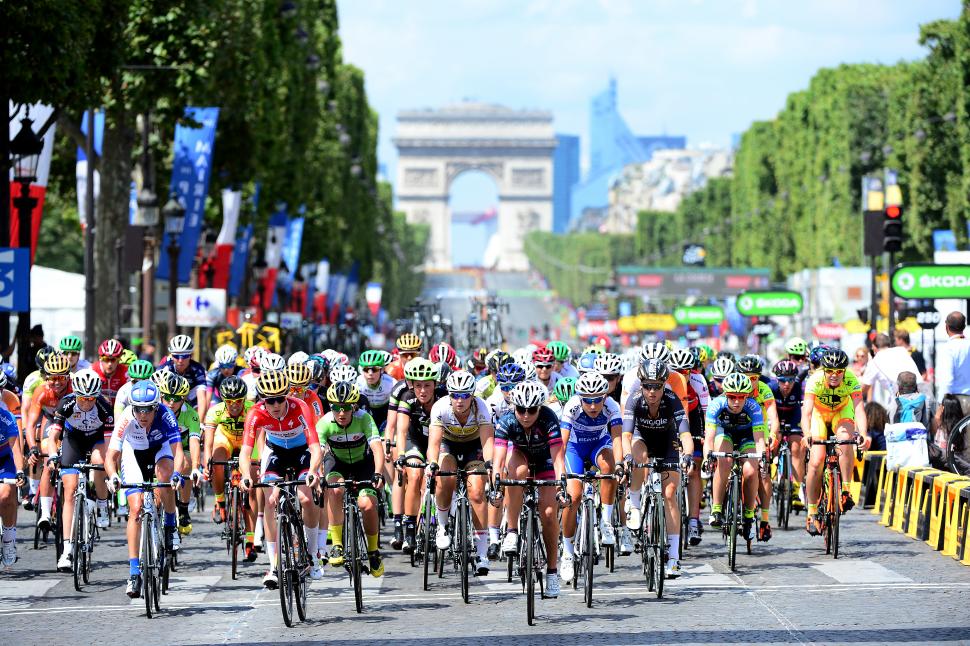 2016 La Course by Le Tour de France (Simon Wilkinson/SWpix.com)
2016 La Course by Le Tour de France (Simon Wilkinson/SWpix.com)Tour de France Femmes preview: everything you need to know about every stage of the long-awaited race
Old and new will come together on Sunday afternoon, as the women’s peloton thunders up and down the Champs Élysées, ahead of the final stage of the men’s Tour de France.
Cycling’s most famous avenue is a familiar sight for the leading female pros – it was used three times during the mid-2010s for the first editions of La Course, the Tour’s cursory nod to the women’s side of the sport. Then, it was a simple one-day circuit race, a blink-and-you-miss-it standalone spectacle in front of a global audience.
On Sunday, however, as the riders round the Arc de Triomphe and look down towards the Place de la Concorde, the destination – finally – will be somewhat different.
The inaugural Tour de France Femmes avec Zwift will take the women’s peloton on an eight-day trek from Paris across the north-east of France, culminating in a dramatic final weekend in the Vosges mountains.
While some have grumbled about the limited geography of the route (more on that later), the parcours designed by race director Marion Rousse is varied, innovative, and structured to promote open, aggressive racing.
By condensing the action and spectacle of a grand tour into eight days, the race also avoids the long-winded, circuitous journey taken by the women’s peloton to get here in the first place.
A Long Time Coming
Lizzie Deignan and Marianne Vos sprint at La Course 2020 (A.S.O., Pauline Ballet)
Rather than a historic first, the 2022 Tour Femmes is, in fact, something of a rebirth.
As cycling writer Matilda Price noted in a recent article for Stevio magazine, the journey to this year’s race “wasn’t a fight to have a women’s Tour de France – it was a fight to get it back”.
The first women’s Tour de France was held almost seven decades ago, in 1955. The race was the brainchild of journalist and sometime-team manager Jean Leulliot, who organised the infamous Circuit de France stage race in 1942 with the collaboration of the Nazis, and was the race director, and then owner, of Paris-Nice.
The inaugural Tour de France Féminin took place over five days in September and October 1955 and was won by the Isle of Man’s Millie Robinson. However, despite the race’s apparent success, Leulliot quickly abandoned his experiment after just one edition.
Two-time Tour Féminin winner Maria Canins climbs the Col d'Izoard during the 1986 race (Rene Boulay, Wikimedia Commons)
Almost three decades later, in 1984, the idea was revived by the Tour’s co-organiser Félix Lévitan. This time, the event much more closely resembled the men’s race and could properly be described, in the modern parlance, as a ‘grand tour’. The 1984 edition, won by American Marianne Martin (two years before Greg LeMond became the country’s first male winner), was held over 18 days, with the women riding shortened versions of the men’s stages, including the iconic Alpine and Pyrenean passes, earlier in the day.
However, following the 1989 race, won by the dominant rider of her generation Jeannie Longo, incoming Tour director Jean-Marie Leblanc scrapped the race, citing commercial and financial concerns.
Even more crucially, Leblanc and organisers ASO prevented other aspiring race planners from using the Tour de France trademark, ridding subsequent attempts at a women’s grand tour in France of much-needed legitimacy and exposure.
The trademark issue became a persistent thorn in the side for the event’s successor, the Tour Cycliste Féminin (which later became the Grande Boucle Féminine, after ASO complained about the previous name). Struggling to draw in sponsors and dogged by organisational difficulties, the race failed to take place in 2004, before returning in a much-shortened format the following year.
The final edition of the Grande Boucle in 2009, won by Emma Pooley (the third British triumph in four years following Nicole Cooke’s successes in 2006 and 2007) was only four stages and 306.5km-long, prompting Pooley to memorably describe it as “more of a Petite Boucle”.
Emma Pooley conquers the Mur de Huy at the 2010 Flèche Wallonne (Photosport Int)
The demise of the Grande Boucle acted as a catalyst for a rethink – for a women’s Tour de France to be successful and sustainable, it had to have the backing of, you guessed it, the Tour de France.
Following a campaign by pro cyclist, film maker and writer Kathryn Bertine, who was later joined by Pooley, Marianne Vos, and triathlete Chrissie Wellington, ASO finally relented – to some degree – and organised La Course by Le Tour de France in 2014.
Originally held as a crit-style race around Paris on the same day as the final stage of the men’s race, the organisers then tinkered with a few mid-race experiments, while never expanding the event beyond two days. Though La Course, and especially its first three years on the Champs-Élysées, was viewed by some as a bolted-on afterthought, it nevertheless galvanised the campaign for a proper, sustainable stage race under the Tour de France umbrella.
While the Tour Femmes may not be the finished article just yet, that women’s cycling – which has leapt forward in terms of the quality of races and the levels of professionalisation since the last Grande Boucle in 2009 – once again has a race linked to cycling’s biggest event, and sponsored by a global, modern brand like Zwift, is a sign of the sport’s rapid growth and popularity.
“When you mention Tour de France in the name of the event, that has an immediate appeal and it’s easier to engage people, to find partners, and candidates for the start and finish towns,” race director Marion Rousse told Rouleur.
“The Tour de France brand goes beyond sport, so the Tour de France Femmes has been welcomed by the general public, local councils, and by the sponsors in a similar way to the men’s Tour de France.”
Lizzie Deignan wins the 2020 edition of La Course (A.S.O., Alex Broadway)
In an interview with road.cc, former La Course winner Lizzie Deignan described the race as “a really exciting and important addition to the women’s race calendar of course. Whilst the Tour de France is globally renowned for the male peloton, the female professionals have only ridden single stages in the past.
“Each year the pressure has built up to put on a women’s race, so the previous ‘token gesture’ of a day’s race is now an eight-day stage race.
“The Tour de France for the men is a world-famous sporting event that almost everyone has heard of, and a massive opportunity and platform that female cyclists have been denied to date. This is an exciting opportunity and a pivotal moment for us, as it will grab the attention of a worldwide audience.
“[It] will also allow the visibility of role models, due to the broadcast coverage it’s going to get, so will no doubt have an impact on young girls being interested in the sport, which is a great step.
“The media coverage and exposure that woman's cycling is now able to offer its sponsors and investors is unrecognisable in comparison to 10 years ago, in addition the development and acceleration of social media has enabled riders to be more proactive in supporting their sponsors and telling their own stories.”
The relaunch of a women’s Tour de France in 2022, then, is a no brainer – it’s just a shame it took so long to get here.
The Race
So, what about the race itself?
Much has been made of the inaugural Tour Femmes route since it was announced last autumn. While the length – can an eight-day race be classified as a grand tour? – and the lack of showpiece mountain stages in the Alps and Pyrenees (the mythical cornerstones of the men’s race) have been criticised by those hoping for something more, there are still lots of things to be cheery about.
Considering the geographical and time constraints placed upon her, Rousse has come up with a varied and unpredictable route across north-eastern France, with something for everyone (perhaps bar the specialist time triallists): flat stages for the sprinters, hilly days with tricky, deceptively difficult run-ins, an innovative gravel stage, and a final showdown in the Vosges.
The tightly packed route certainly offers plenty of scope for aggressive and attacking racing, while its backloaded design will also hopefully ensure that the race maintains its suspense all the way to the savage final slopes of the Planche des Belles Filles.
The open nature of the route also means that plenty of riders will be dreaming of yellow and a place in cycling history.
Women’s Tour and Paris-Roubaix winner Elisa Longo Borghini will be hoping her sparkling 2022 form continues on the roads of France, while Cecilie Uttrup Ludwig, Demi Vollering, Kasia Niewiadoma and Ashleigh Moolman will be among those fighting for yellow.
Annemiek van Vleuten goes head-to-head with Demi Vollering at the 2020 Tour of Flanders (CorVos/SWpix.com)
Three-time world champion Annemiek van Vleuten, however, surely goes into the race as the hot favourite, fresh from a dominant win at the Giro d’Italia Donne (until this week, women’s cycling’s only official ‘grand tour’) two weeks ago, where she beat Uttrup Ludwig’s FDJ teammate Marta Cavalli by almost two minutes. Everyone else was over five minutes behind.
An outstanding climber, she will look to put her rivals to the sword in the mountains, with that explosive finale on the Super Planche almost tailor made for the evergreen Movistar rider.
SD Worx’s Vollering, who missed the Giro to concentrate fully on her Tour debut after winning La Course last year, may prove Van Vleuten’s sternest test.
Super-fast Lorena Wiebes will look to pick off a few bunch sprints on the way, but will face stiff competition from world champion Elisa Balsamo, who picked up two wins at her home Giro earlier this month.
Of course, we can’t forget Marianne Vos – arguably the greatest cyclist of all time –who is finally riding in a fully-fledged Tour de France, over 15 years after she began her illustrious pro career. Even if the likes of Van Vleuten prove too strong in the mountains for Vos, the Jumbo-Visma rider will surely prove a force to be reckoned with throughout the race and could target the green jersey.
“I think that a ‘complete’ rider will win the race,” says Deignan.
“As whilst the route lacks a time trial, it has two back-to-back mountain stages, opportunities for all-rounders and sprinters as well as a stage that features gravel roads.
“The race will showcase the best that women’s cycling has to offer with a stage suited to every type of rider, and will offer entertaining racing from start to finish – with the final stage finishing on the Super Planche des Belles Filles which is one of the hardest climbs known in cycling.”
“It will be such an honour for those riding in the race, so we’ll see lots of super-motivated riders and everyone will be in top shape because there will be opportunities everywhere. It’s a hard one to call.”
Lizzie Deignan escapes to victory at the first women's Paris-Roubaix in 2021 (Copyright CorVos, SWpix.com)
Deignan has also singled out Van Vleuten as the “out and out favourite” for the overall title.
“She is the best climber in the world and has the greatest opportunity to take the yellow jersey on the final stage,” she says.
“There are however a group of favourites just behind her who are better suited to the first seven stages.
“It will be interesting to see how aggressive Elisa Longo Borghini and Kasia Niewiadoma are on the gravel stage, as it is a key stage to use advantage of their skill set.
“The French teams will be extra motivated to perform, FDJ have the very strong trio of Grace Brown, Cecile Ludwig and Marta Cavalli, individually they are not quite a match for AVV but together they could pose a real threat.
“The favourites for the green jersey will be Marianne Vos and the current World Champion Elisa Balsamo, their battle for points will be extremely close and I expect a fight until the final day.”
The Stages
Stage 1
Sunday 24 July
Paris Tour Eiffel to Paris Champs-Élysées, 81.6km
A nod to the modern race’s origins as La Course, with the riders taking on twelve laps of the iconic Parisian circuit which staged the one-day race between 2014 and 2016, and acts as the traditional curtain closer for the men’s event.
Expect the sprint trains to go head-to-head on the cobbles of the Champs – while Marianne Vos won here in 2014, Lorena Wiebes and Elisa Balsamo will start as the favourites to don the first yellow jersey of this new era for the women’s Tour de France.
Stage 2
Monday 25 July
Meaux to Provins, 136.4km
Another nailed on sprint today, though the QOM point just 17km into the stage will make the opening kilometres hotly contested, and potentially dangerous for GC contenders. The false flat to the line could play into Vos’ hands.
Stage 3
Tuesday 26 July
Reims to Épernay, 133.6km
One for the true puncheurs here, with a series of pesky, steep climbs towards the finish in Épernay, a replay of the stage won in spectacular fashion by Julian Alaphilippe at the 2019 men’s Tour.
Expect fireworks on the 12 percent Côte de Mutigny with 15 kilometres remaining, before the drag to Mont Bernon during the final four kilometres could potentially decide the stage winner – who will no doubt be indulging in some of the local champagne back at the team hotel.
Stage 4
Wednesday 27 July
Troyes to Bar-sur-Aube, 126.8km
Don’t forget to set your recorders for this one.
While some criticised the Tour Femmes route for avoiding the iconic climbs associated with the men’s race, Marion Rousse has demonstrated that the women’s event can make its own history, with a gravel-filled, Strade Bianche-style stage never seen before at the Tour de France.
There are four gravelled sections featured in the last 60km of today’s stage – while 2022 Strade Bianche and Tour of Flanders winner Lotte Kopecky will be licking her lips, some of the GC favourites who are not so keen on the spring classics may be focused purely on survival.
“This stage with gravel sections I’m particularly interested in as unpaved roads are unusual for us,” says Deignan.
“So I think it will mean that an all-round rider will win as you can either win or lose the entire race on stages like these and it will open up the GC race early.”
Stage 5
Thursday 28 July
Bar-le-Duc to Saint-Dié-des-Vosges, 175.6km
We enter the foothills of the Vosges with the longest stage of the 2022 race. Despite the stage’s length, a bunch sprint looks on the cards again – after this, the sprinters will have their work cut out for them.
Stage 6
Friday 29 July
Saint-Dié-des-Vosges to Rosheim, 129.2km
A rolling day that could be difficult to control for the peloton. The terrain, with long draggy sections punctuated by steep hills throughout the stage, lends itself to attacks. If the sprinters’ teams wish to put a lid on things for a bunch kick, they’ll have to ensure their rider makes it over that final climb in the last ten kilometres, where attacks are likely to fly.
Stage 7
Saturday 30 July
Sélestat to Le Markstein, 127.1km
There aren’t many tougher introductions to the mountains of the Tour de France than the Petit Ballon, a 9.3km brute averaging 8.1 percent. And it doesn’t get any easier for the riders, as they definitively shift into the small ring for a decisive showdown in the Vosges – the brilliantly named Col du Platzerwasel also averages over eight percent, while the final Cat One climb of the day, the Grand Ballon, tops out with just over seven kilometres of downhill false flat to the line.
Will Annemiek van Vleuten reprise her devestating long-range attack from this month’s Giro on her way to overall victory?
Stage 8
Sunday 31 July
Lure to La Super Planche des Belles Filles, 123.3km
Fittingly, the inaugural Tour de France Femmes – effectively a relaunch of previous women’s Tours – ends with a combination of the old and the new.
The second climb of the day, the Ballon d’Alsace, was the first official mountain climbed by the Tour de France peloton in 1905, while today’s summit finish, the Planche des Belles Filles, is one of the Tour’s newest icons, having only made its debut at the men’s race ten years ago (the ‘Super’ section is, of course, even newer).
The backloaded nature of the route means the yellow jersey may well be hanging in the balance as the favourites watch the road rise in front of them on the dreaded slopes of the Planche. Now that would be a fitting end to a historic week of racing.
After obtaining a PhD, lecturing, and hosting a history podcast at Queen’s University Belfast, Ryan joined road.cc in December 2021 and since then has kept the site’s readers and listeners informed and enthralled (well at least occasionally) on news, the live blog, and the road.cc Podcast. After boarding a wrong bus at the world championships and ruining a good pair of jeans at the cyclocross, he now serves as road.cc’s senior news writer. Before his foray into cycling journalism, he wallowed in the equally pitiless world of academia, where he wrote a book about Victorian politics and droned on about cycling and bikes to classes of bored students (while taking every chance he could get to talk about cycling in print or on the radio). He can be found riding his bike very slowly around the narrow, scenic country lanes of Co. Down.
Latest Comments
- panda 13 min 19 sec ago
Looking at the photographs, I don't *think* what you get is an undercarriage equivalent of an optical prescription. I imagine the authorised...
- chrisonabike 34 min 10 sec ago
That'll be on your e-bike?
- Rendel Harris 43 min 4 sec ago
A few years ago riding in the Brecon Beacons, approaching a traffic light where another rider was stopped in the oncoming lane, me: "Wow, look at...
- wtjs 3 hours 2 min ago
Many of my fellow Tories sincerely hate bike schemes, and our friends sincerely hate these schemes, and road changes create enormous noise on...
- quiff 2 hours 21 min ago
Just had a look on the built sections of this cycle track on Streetview, and I'm impressed. The road where they're protesting (Clifford Bridge Road...
- anotherflat 4 hours 41 min ago
Clearly a design fail for them to make these 3D printed sections too stiff....
- wtjs 5 hours 20 min ago
Norfolk Police said the woman has since been reported for driving without due care and attention. Motorists charged with the offence face a fine of...
- Rendel Harris 5 hours 29 min ago
Yes, unfortunately with all local authority contractors there always has to be the caveat "if it's done properly".
- chrisonabike 15 hours 12 min ago
Presumably a) expense b) for something that (mostly) works against your customers' convenience? And the usual "but emergencies - what about when...
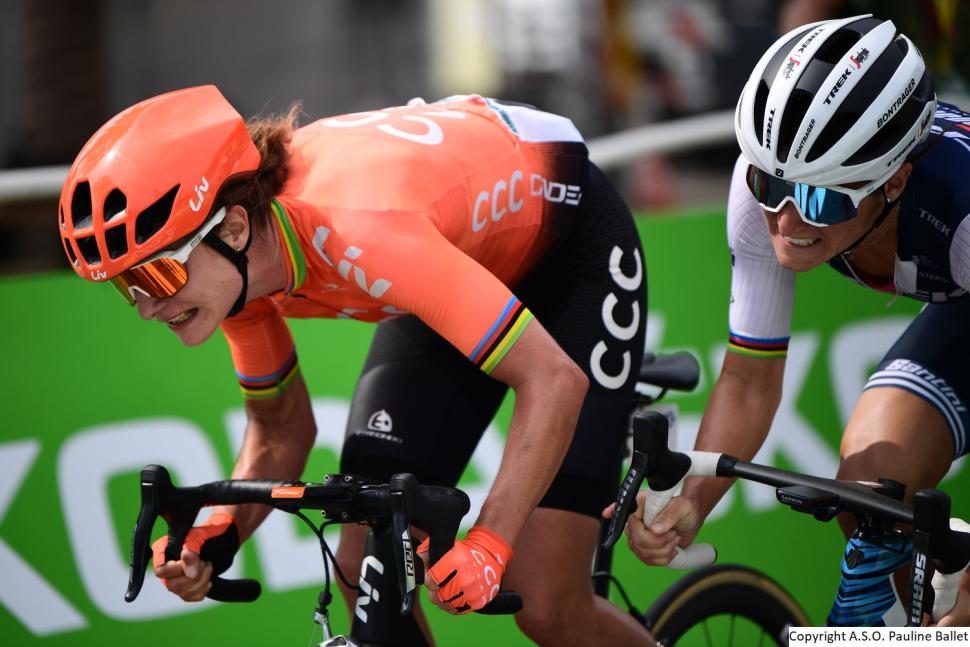
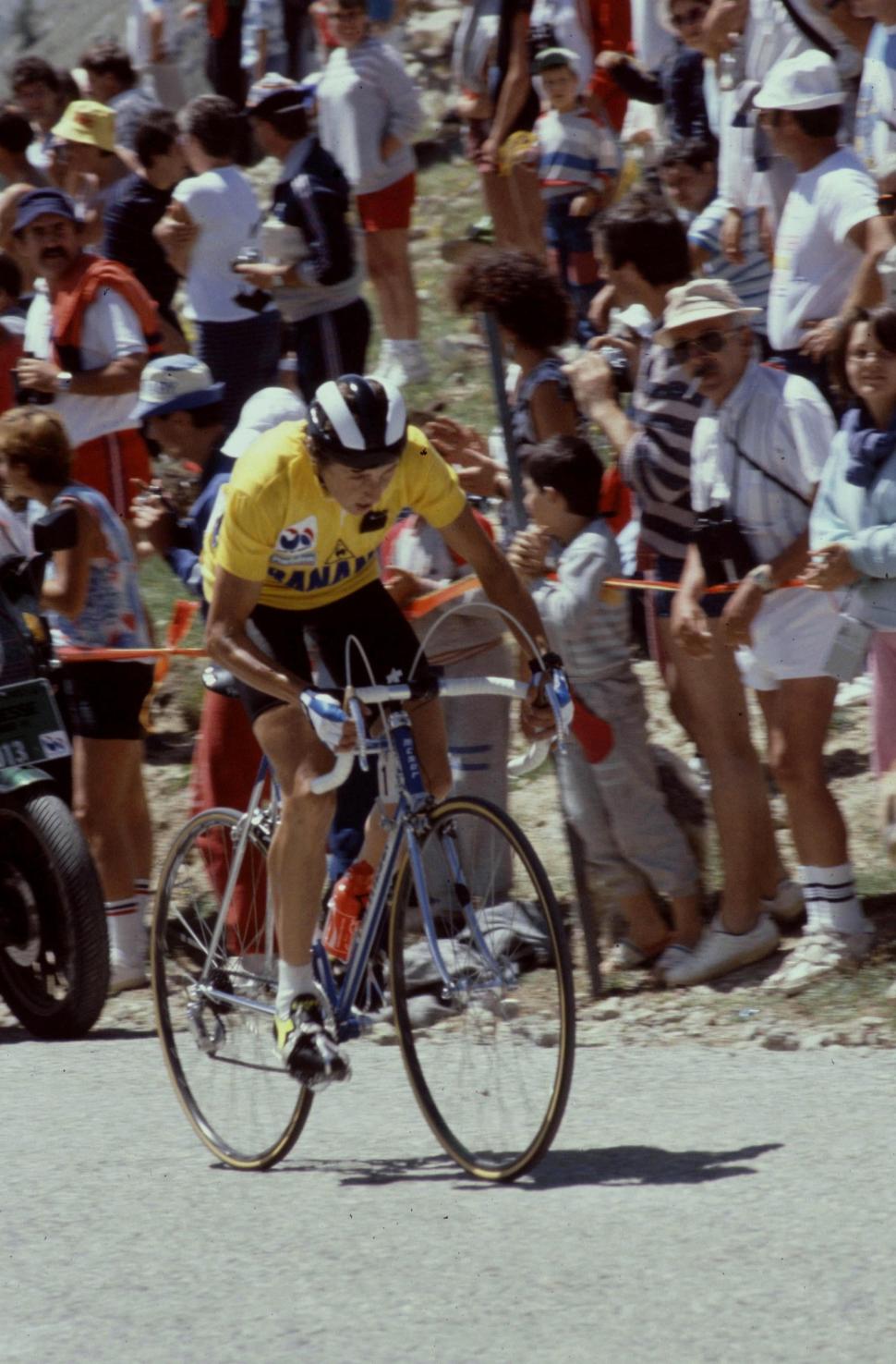
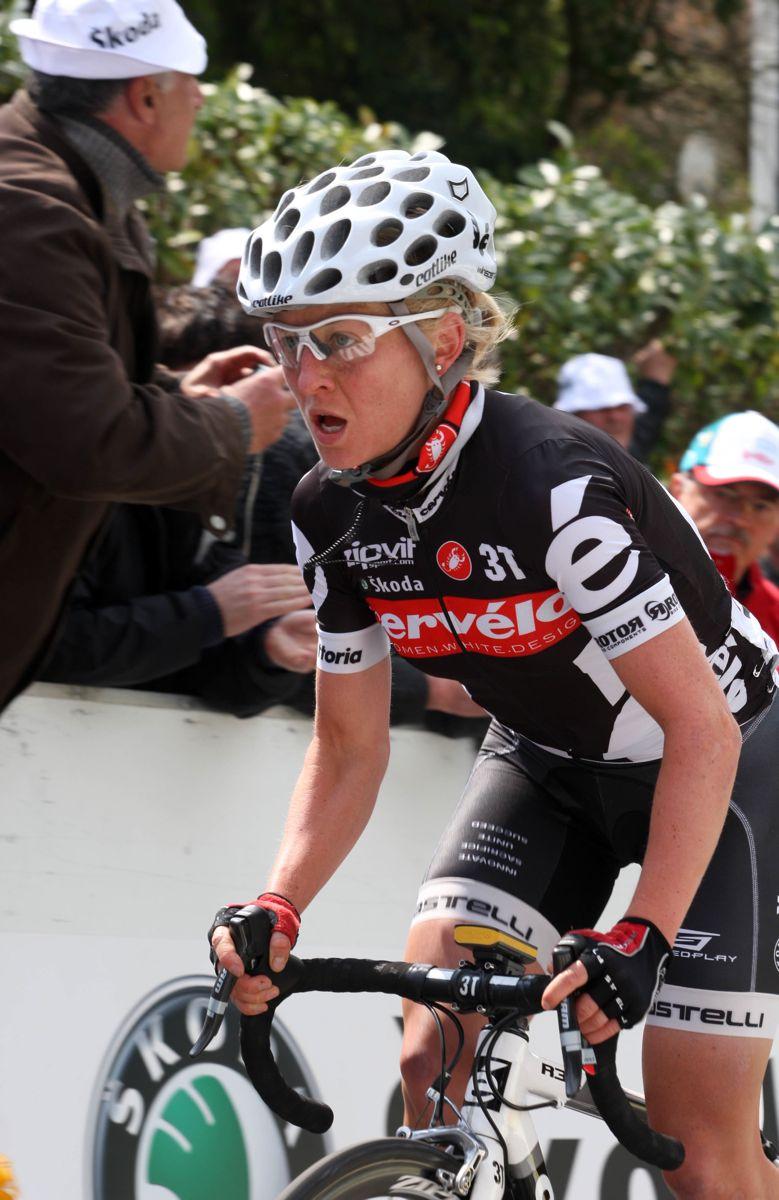
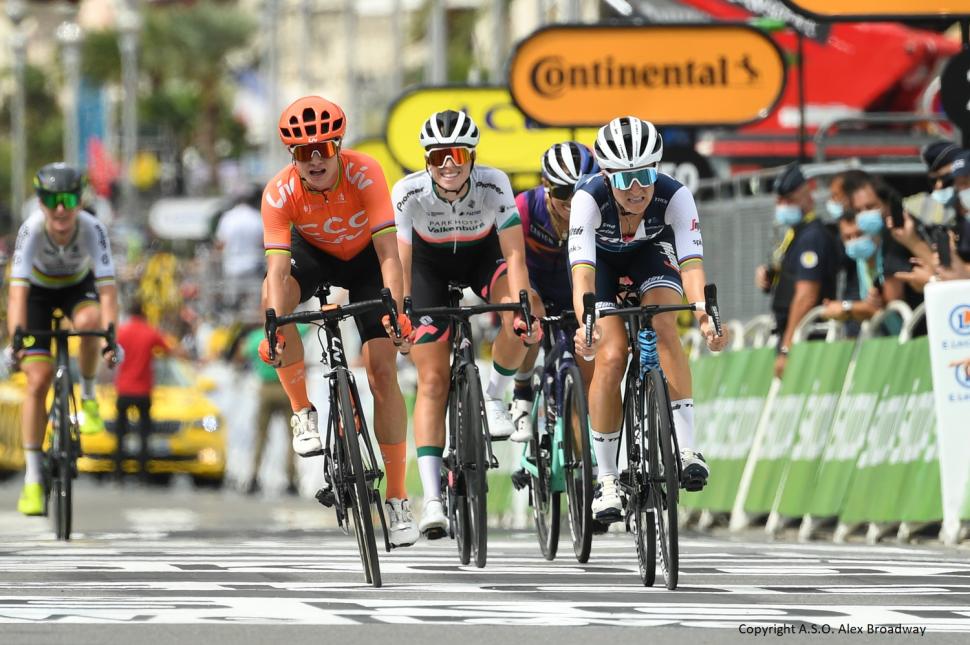
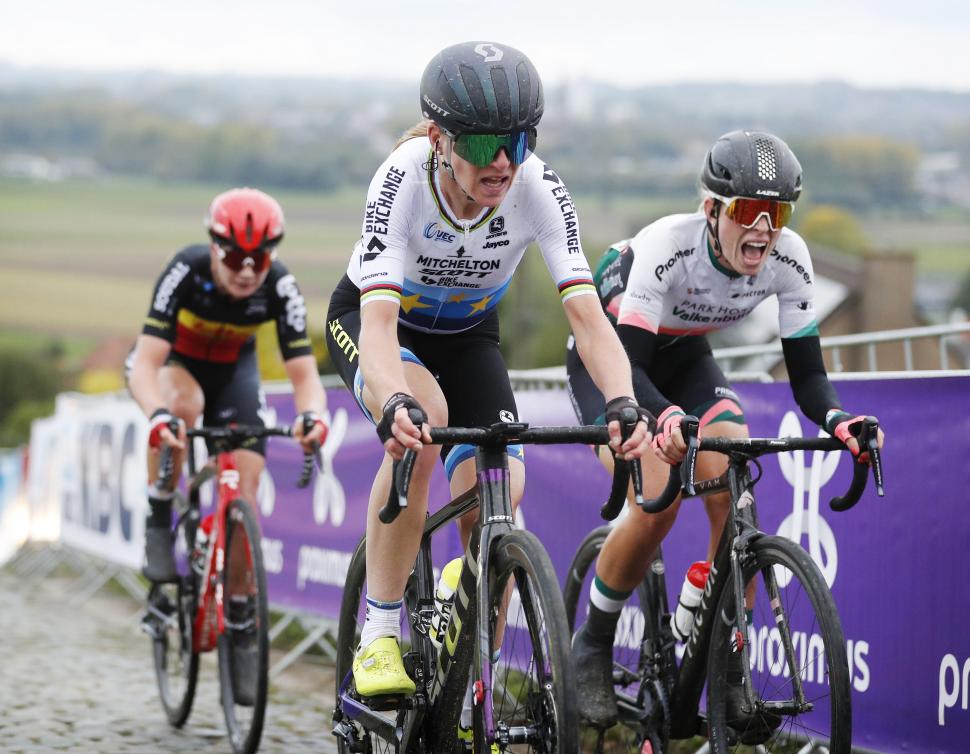
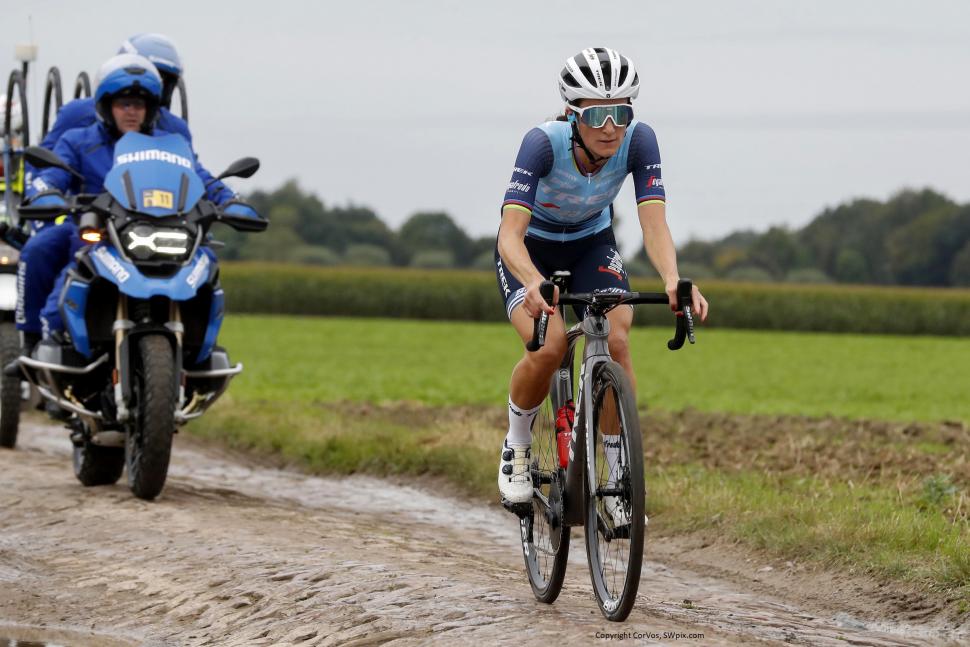
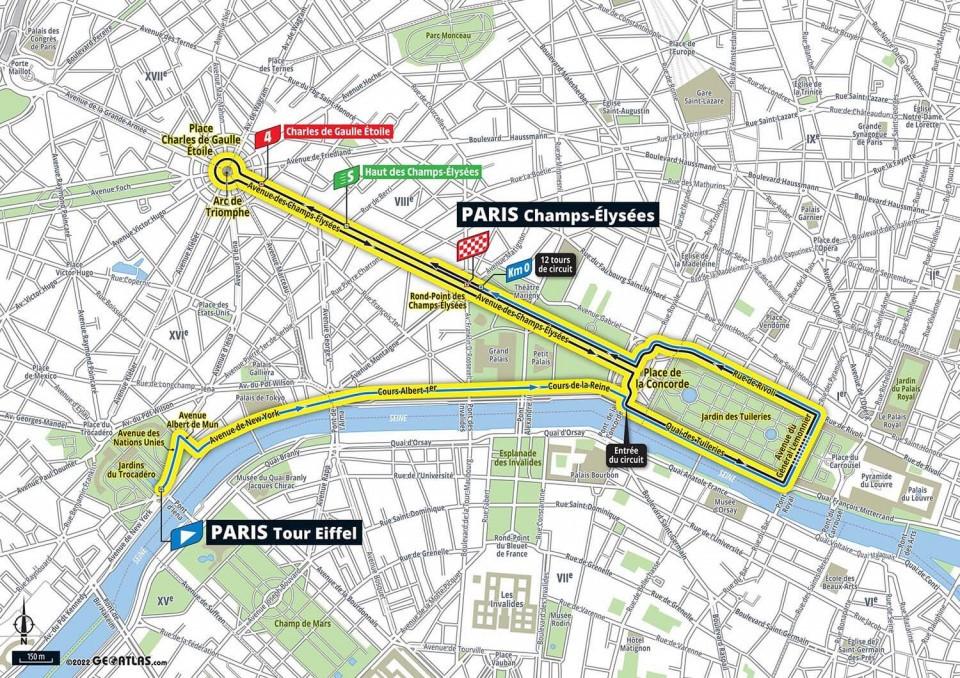
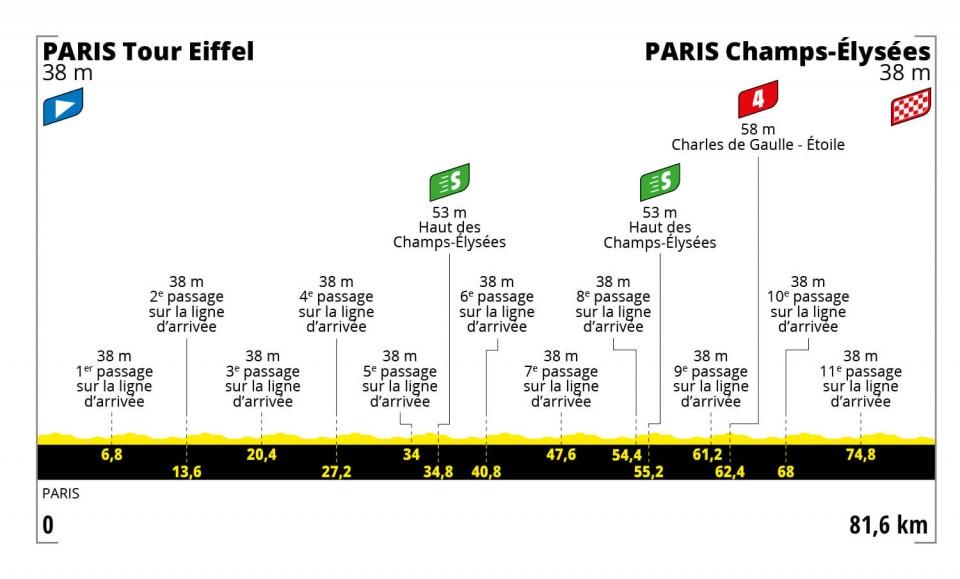

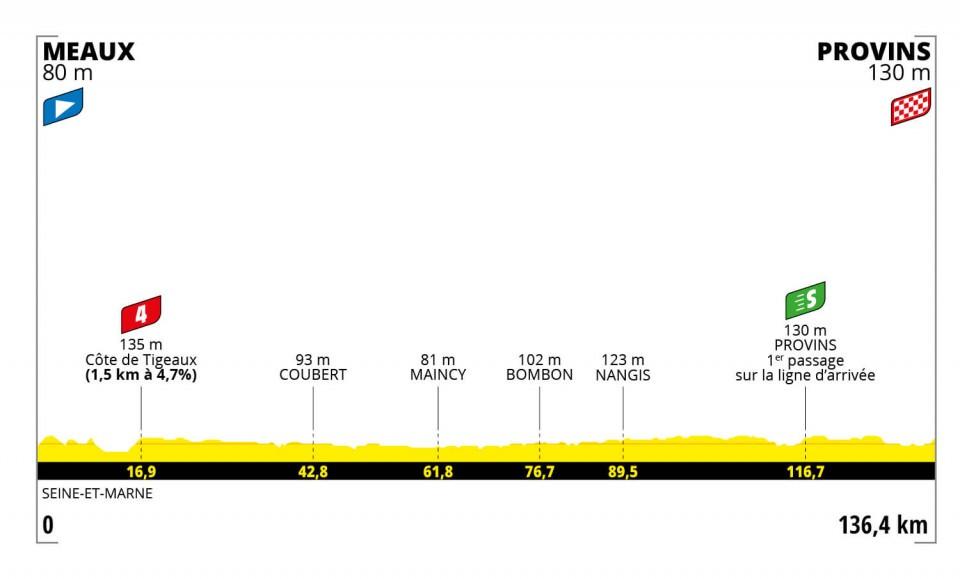

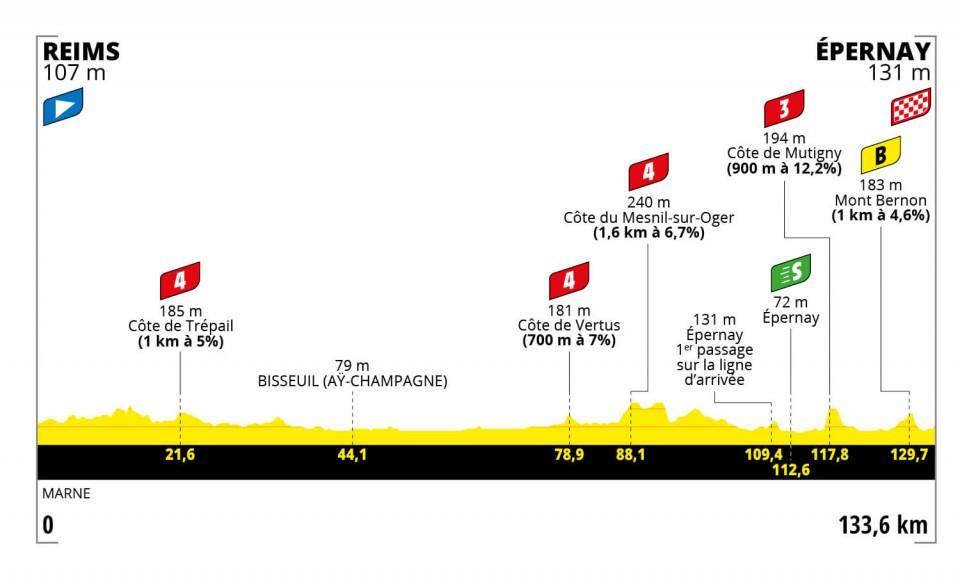
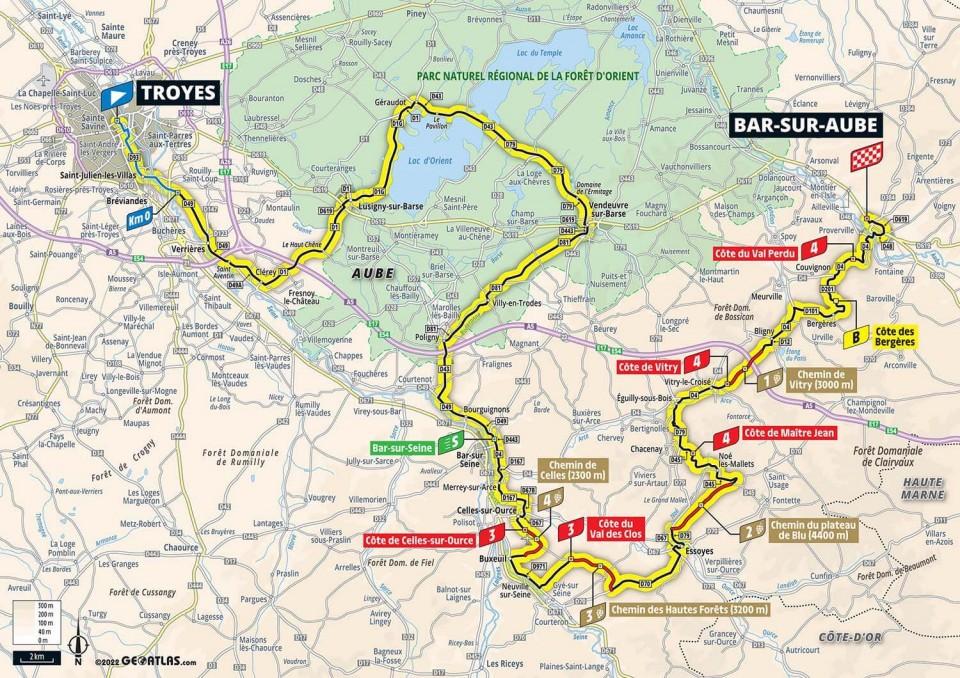
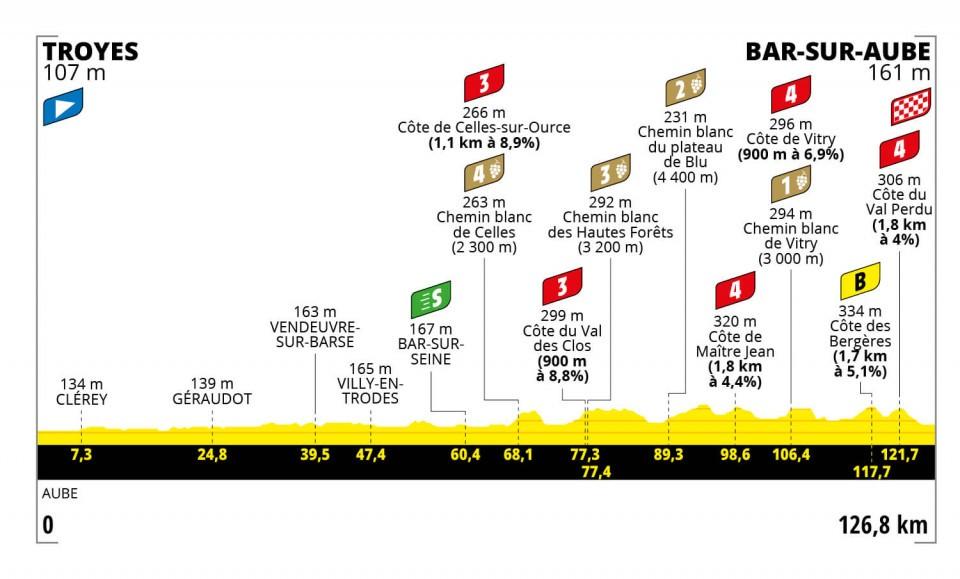
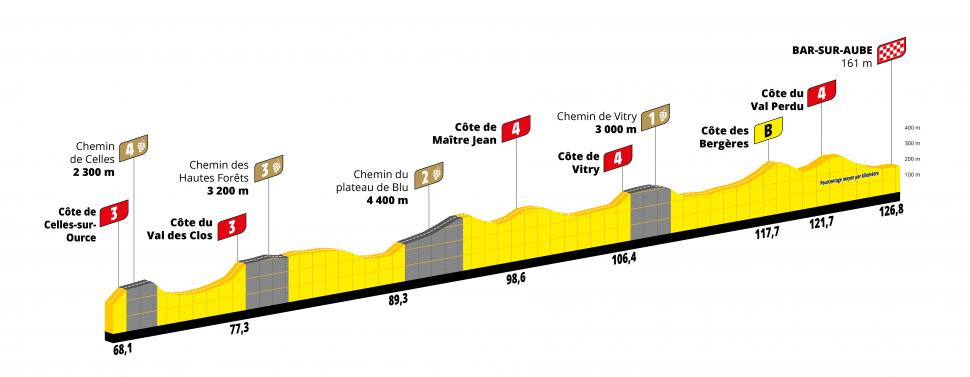
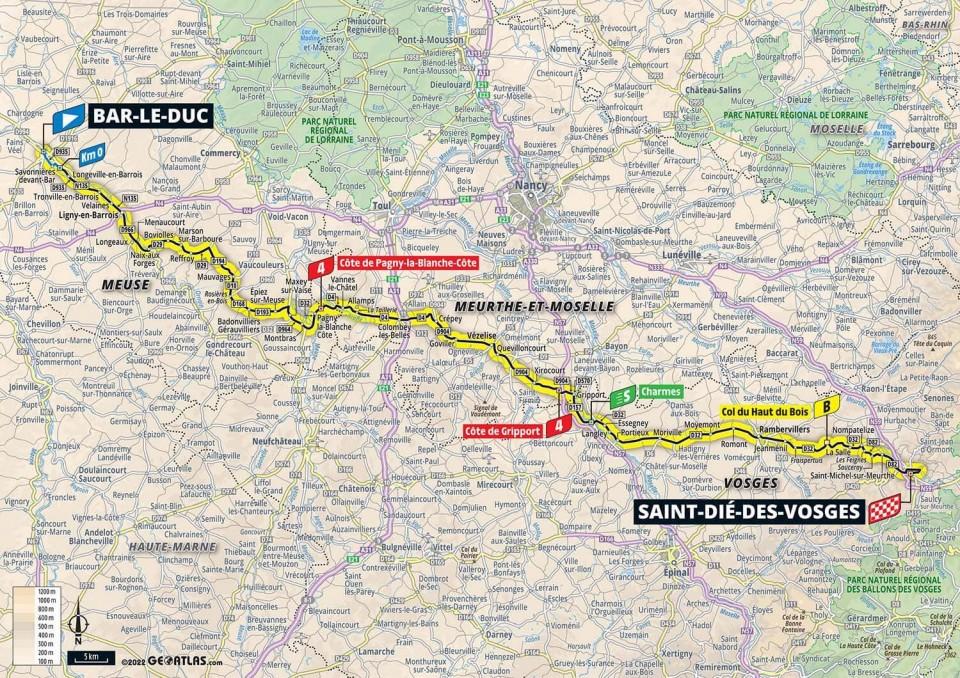

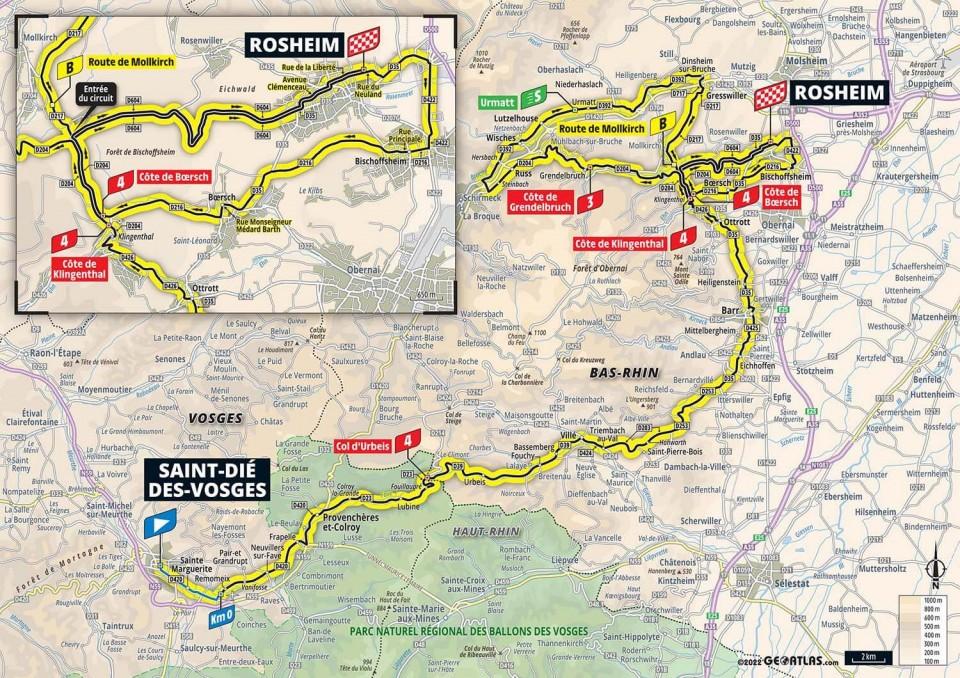
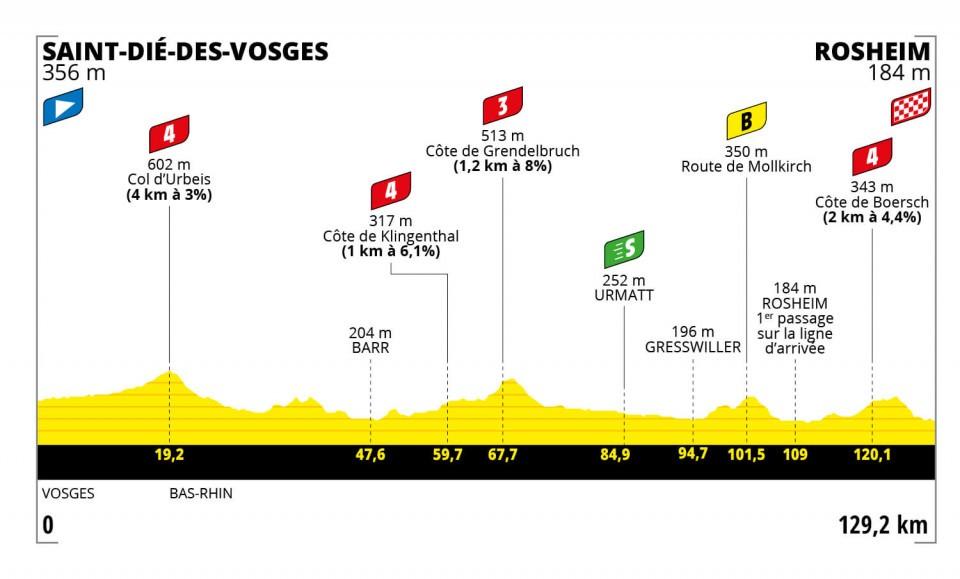
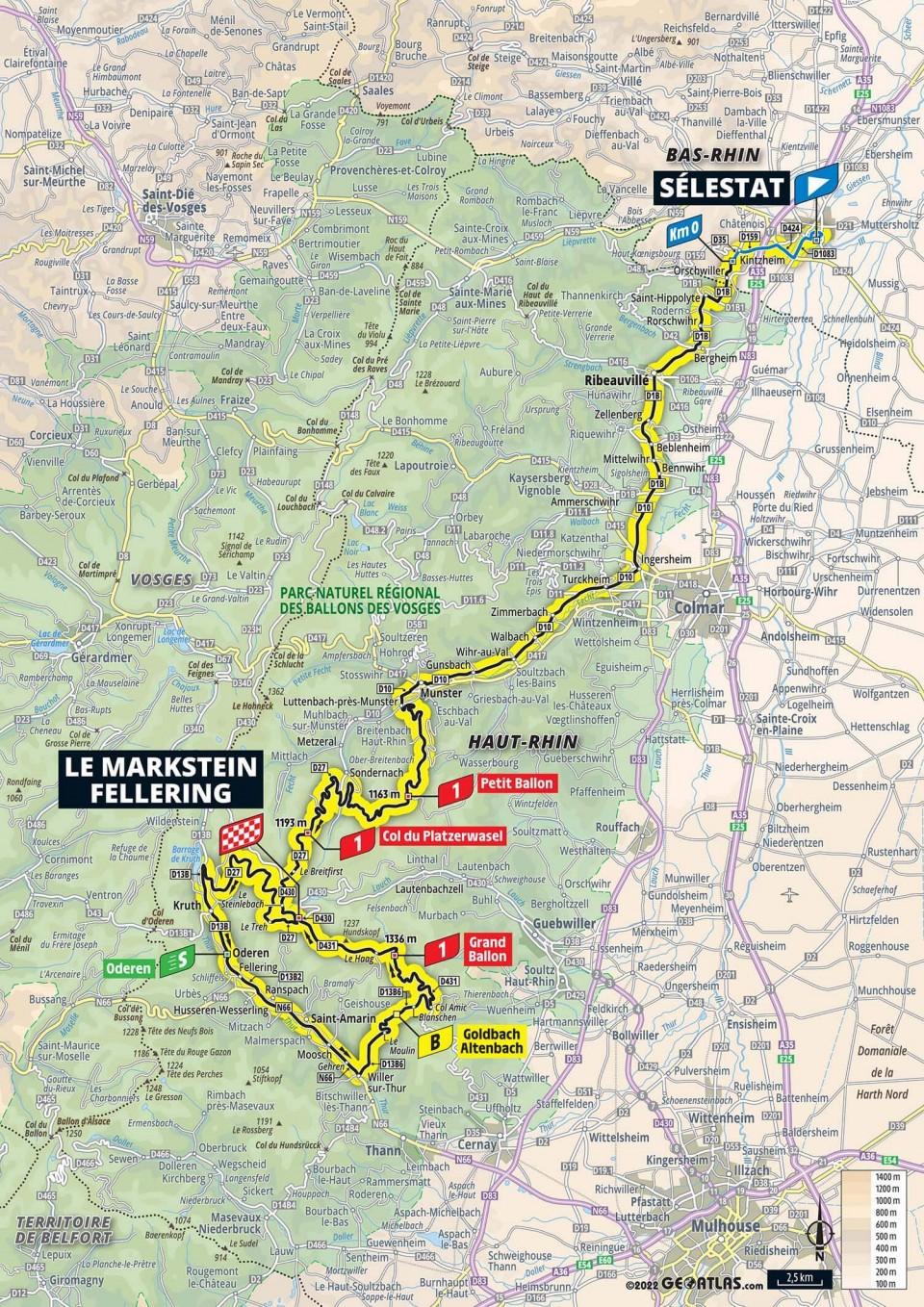
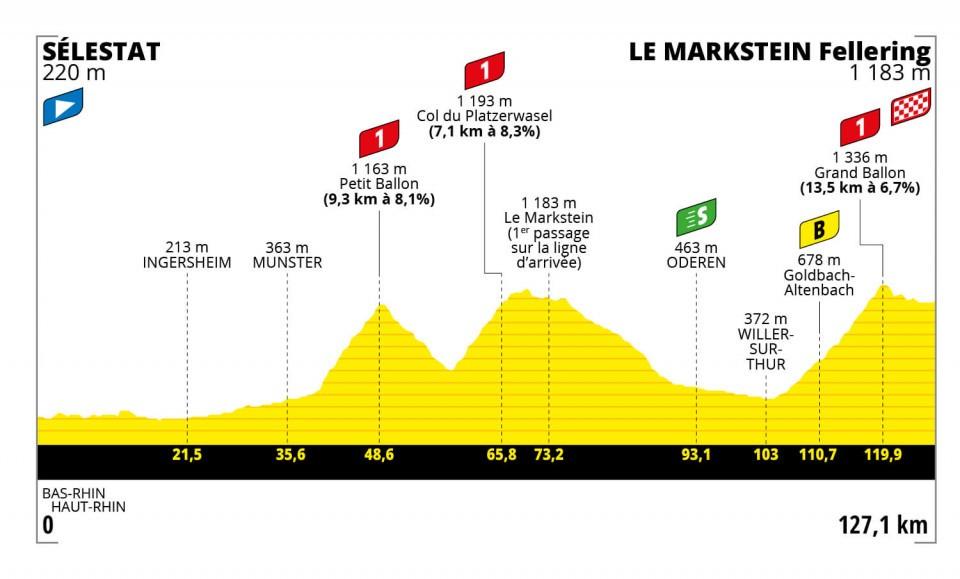
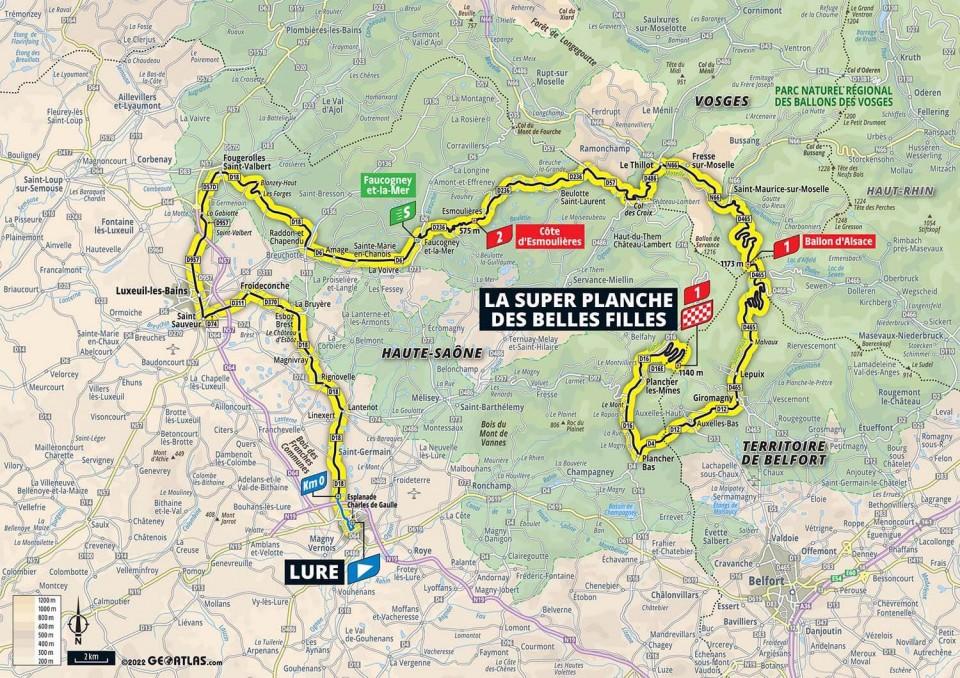
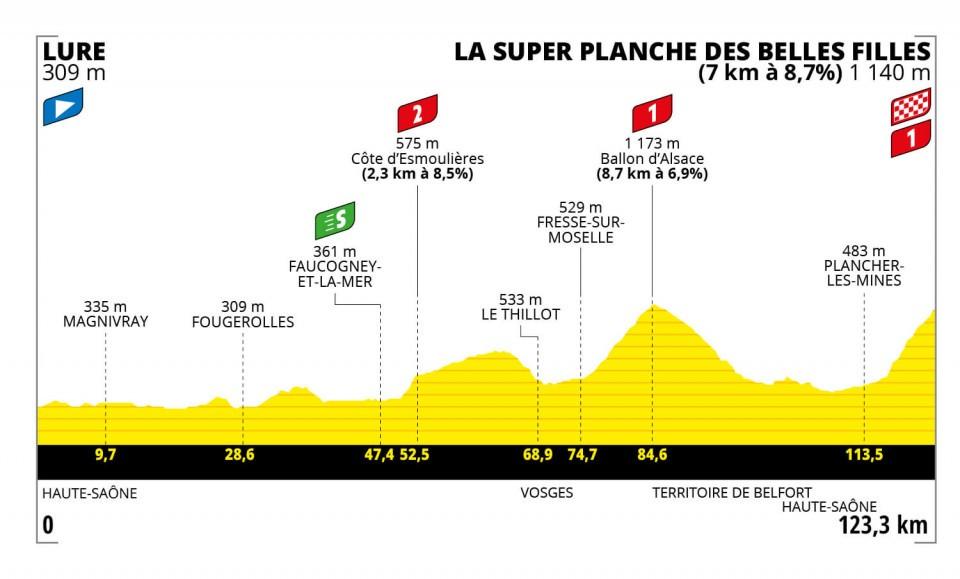
Add new comment
7 comments
With British Cycling membership, GCN+ sub is 25% off, making it a fairly reasonable £29.99 a year. Not bad for ad-free streams of all 3 grand tours, spring classics, etc. There's also a rich seam of decent films to watch.
I'd really like to see this but, not having a GCN, Eurosport or Amazon Prime subscription, I doubt if I will
Assuming there are still some available, you can get a free 8-day pass to GCN+: https://lecolwahoo.com/moreeyesonher
I know GCN have got the coverage rights, they tend to work with Eurosport, or did with the giro, it's a shame they don't seem to be showing the highlights on quest, so to allow most people to watch a bit.
Maybe next year.
Nice of itv4 to show to today's finish at least.
Anyone without a GCN or Eurosport subscription who'd like to see the Tour Femmes, if you have Amazon Prime you can get a free 7-day trial of Eurosport.
Thanks, shame Eurosport aren't showing highlights on quest. Past couple of years they have been doing the criterium and the giro.
I hope you cover this as well as the mens each day.
And because this is as good a place as anywhere as she is a big proponent of female racing, have I been blind or has awavey disappeared in the recent weeks? Might be just me but I don't recall a recent post.